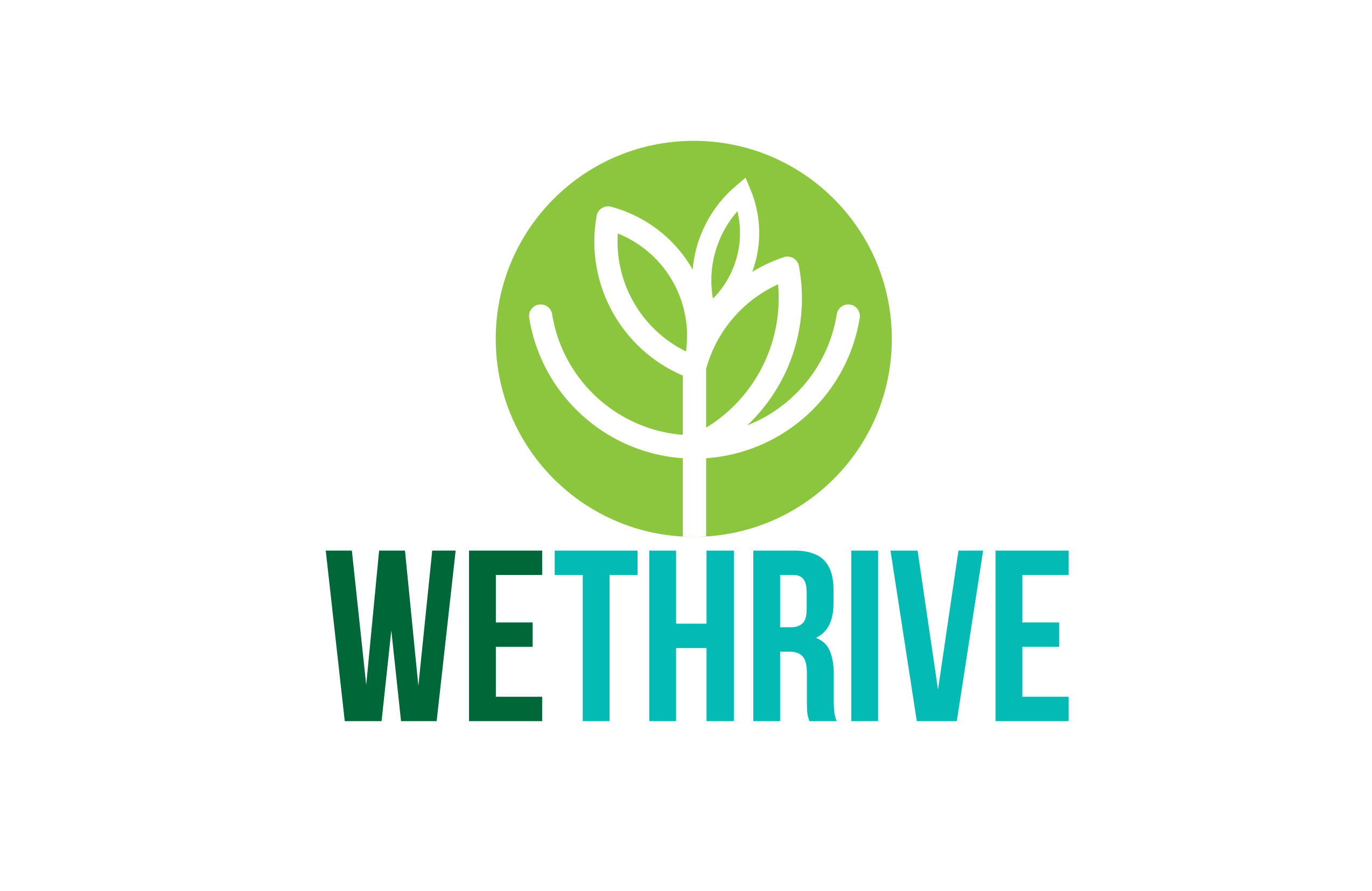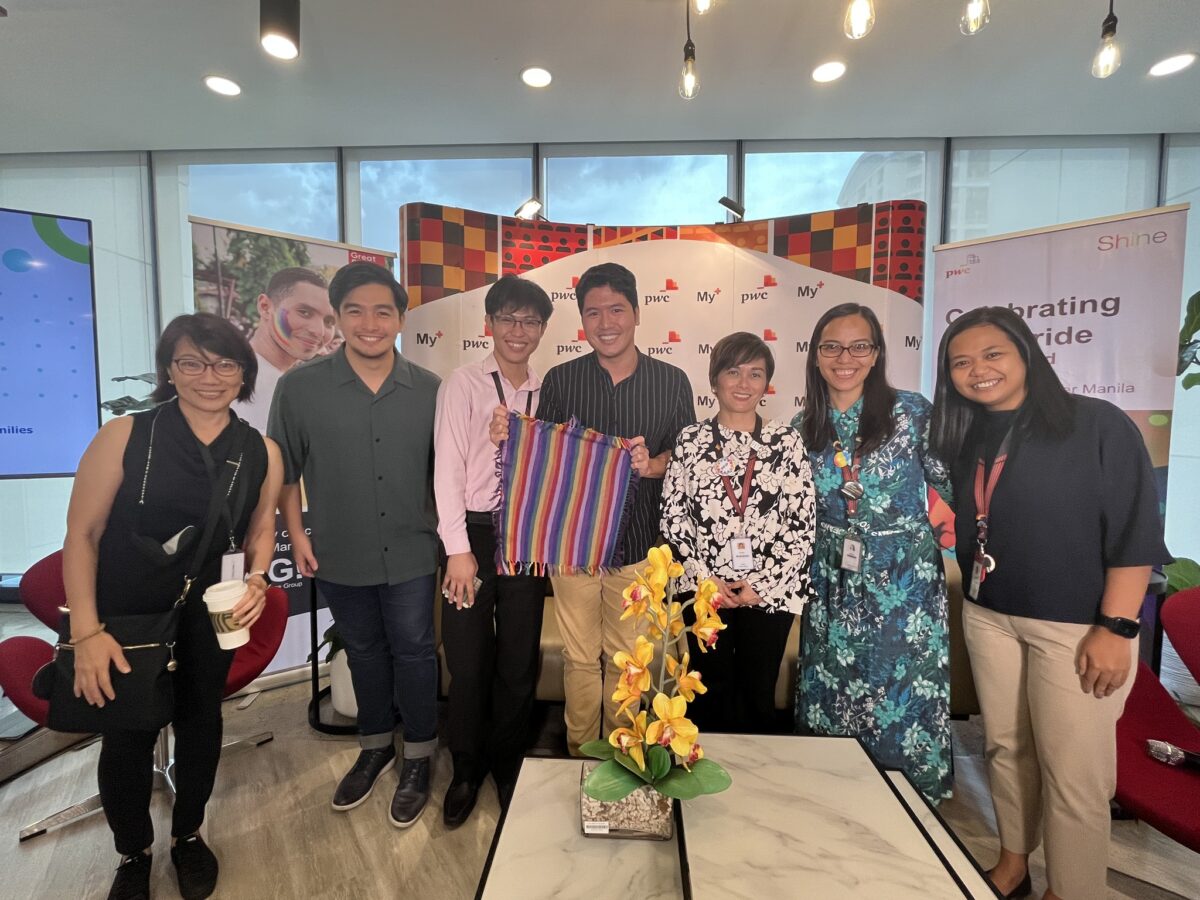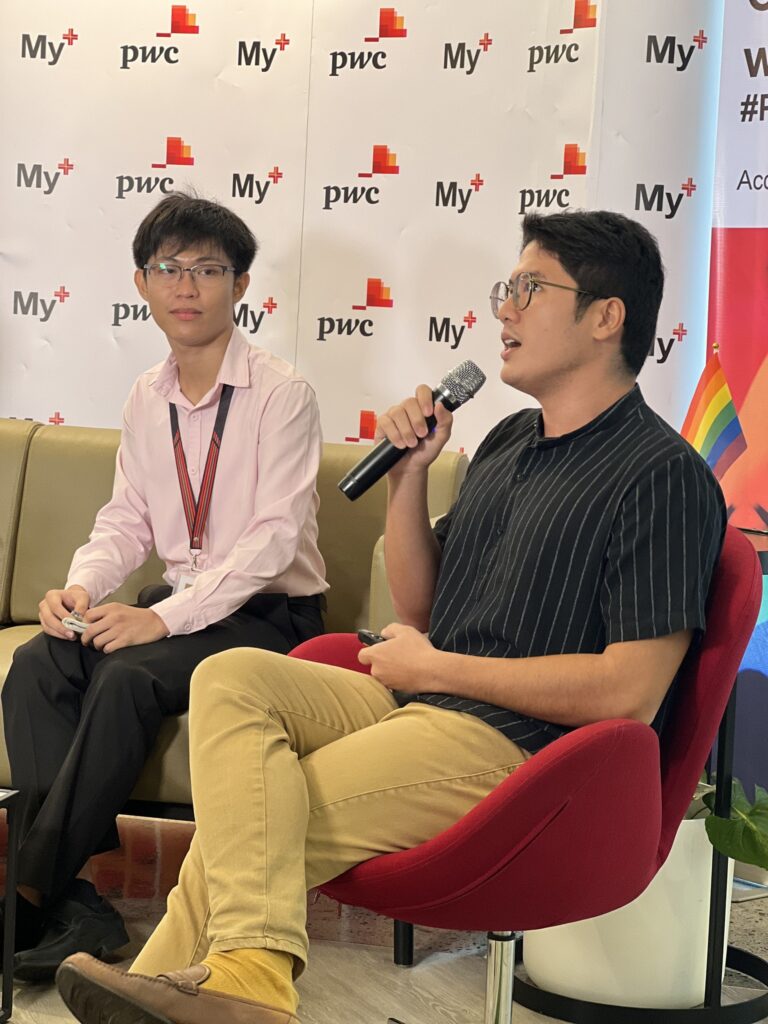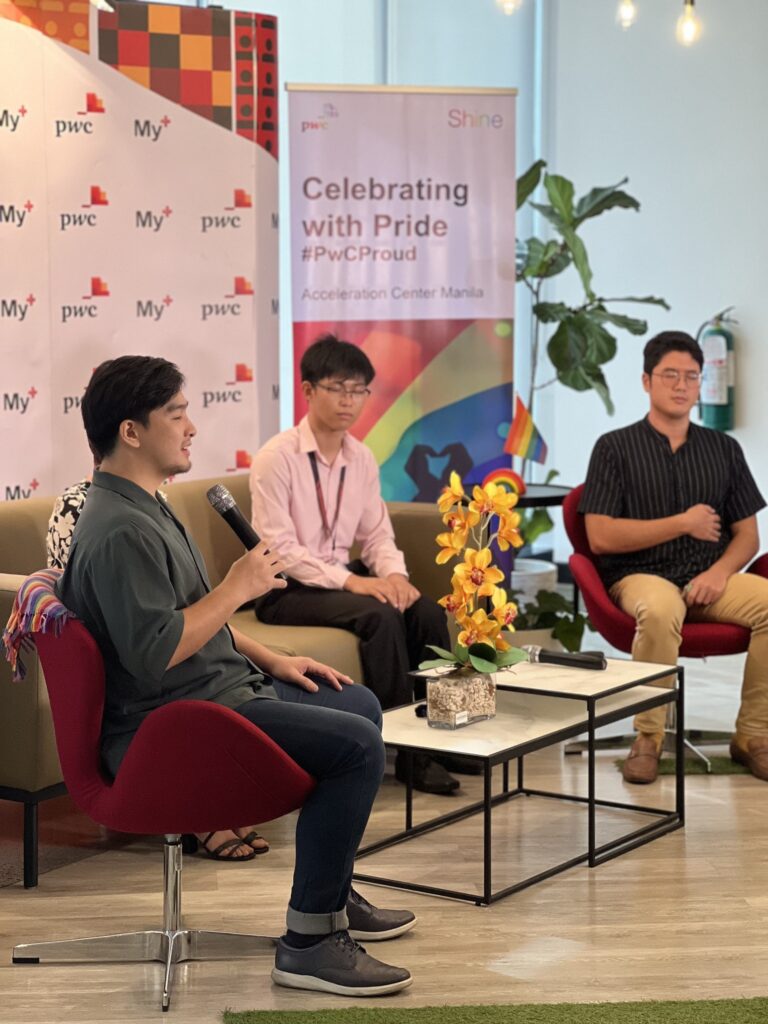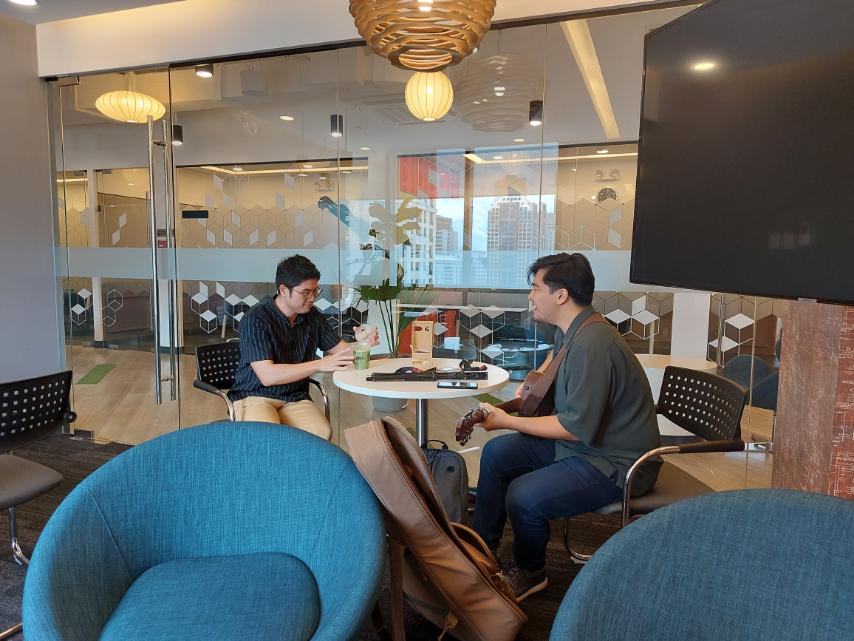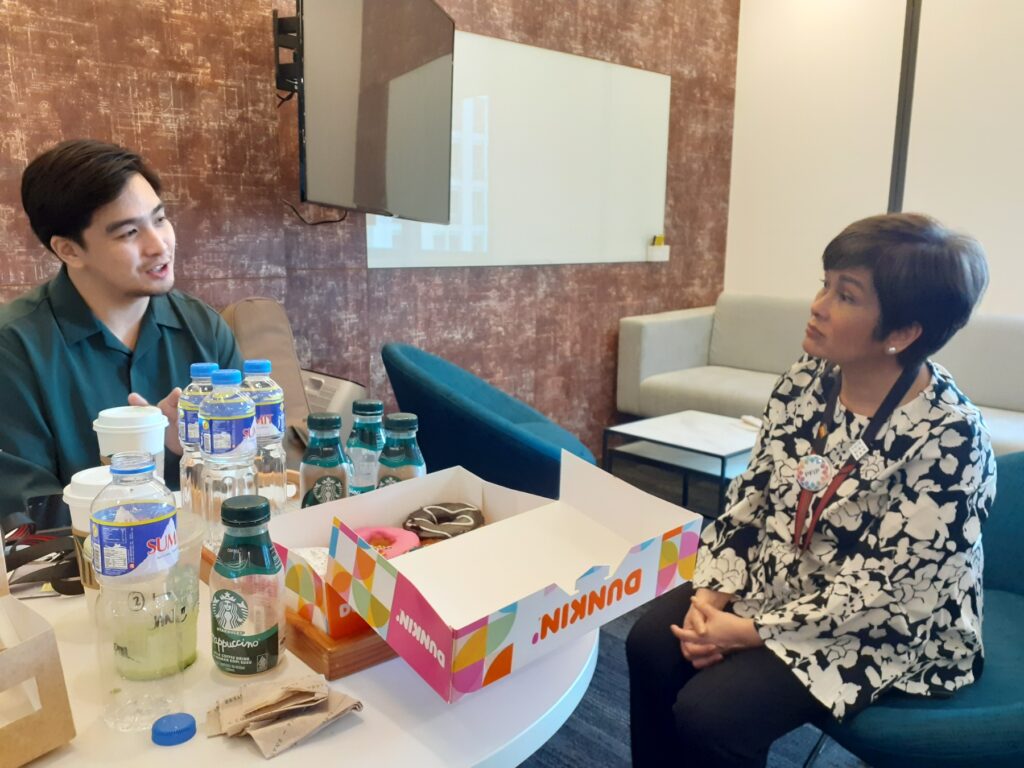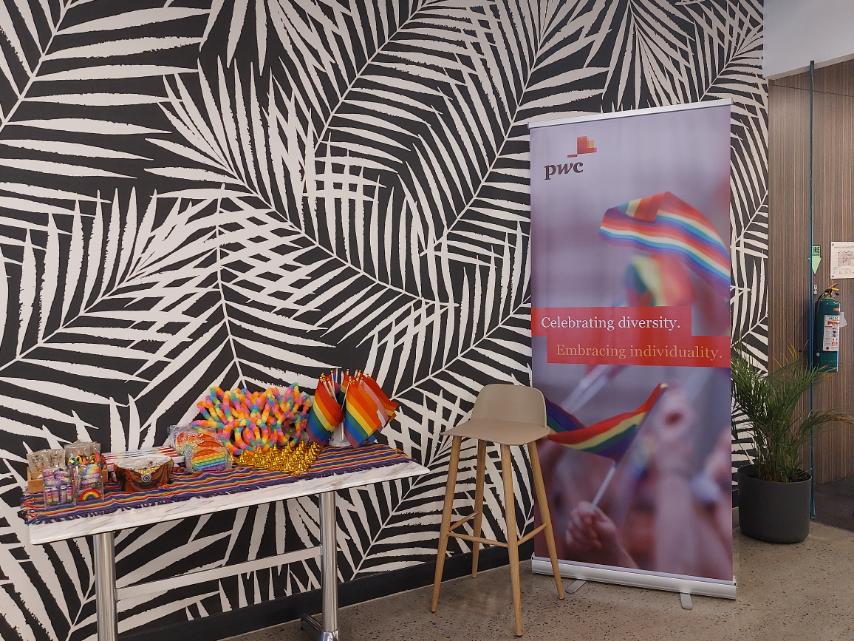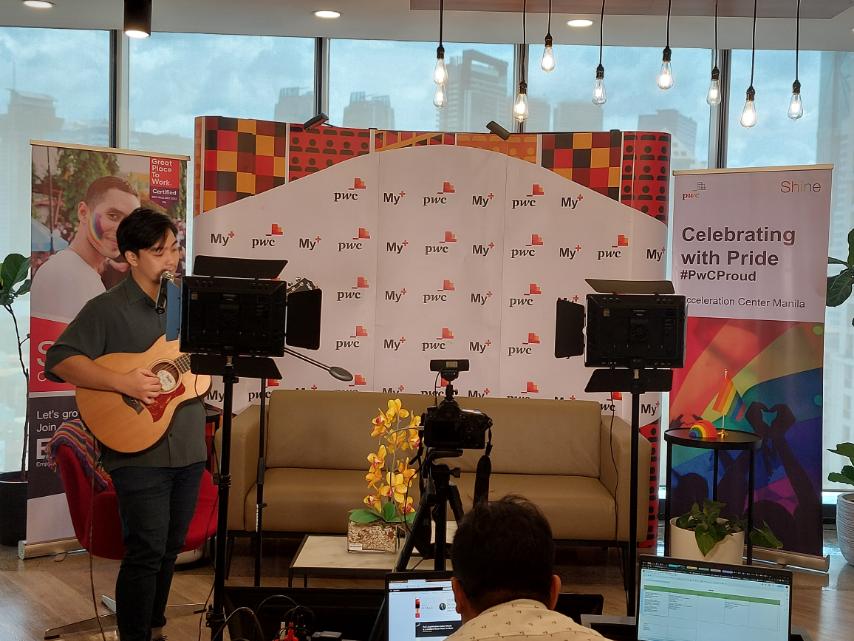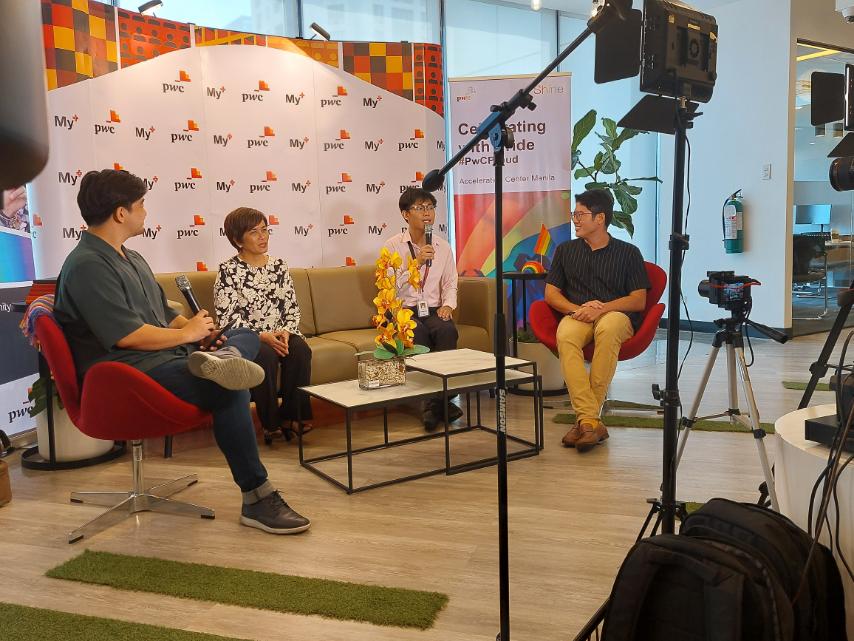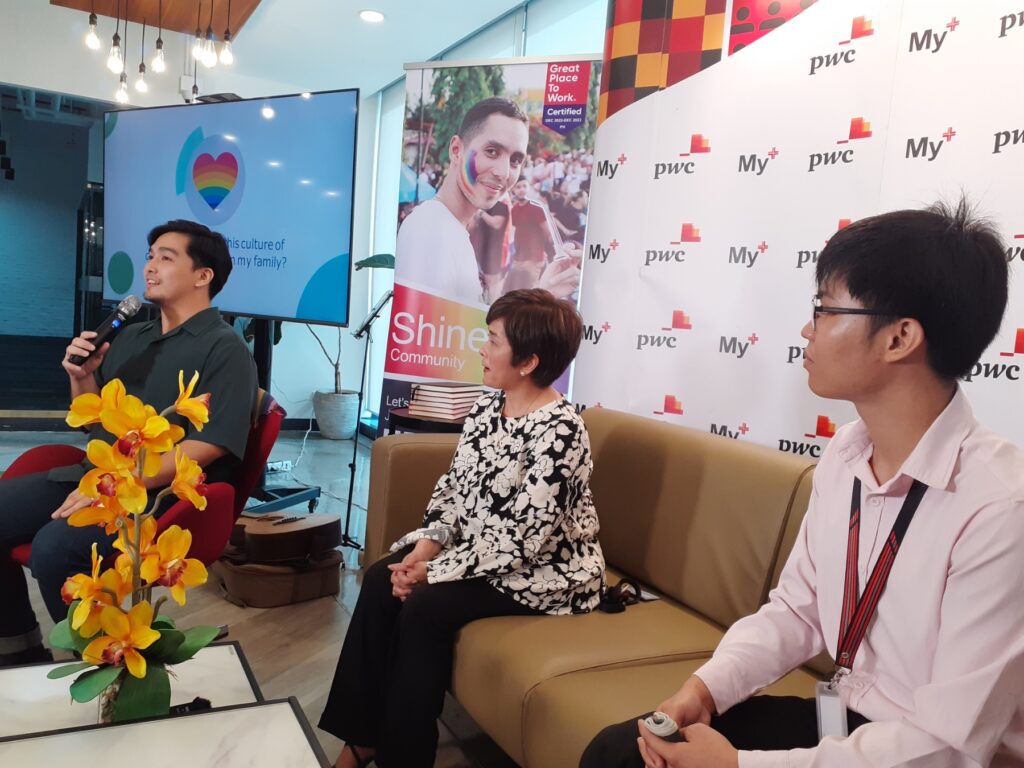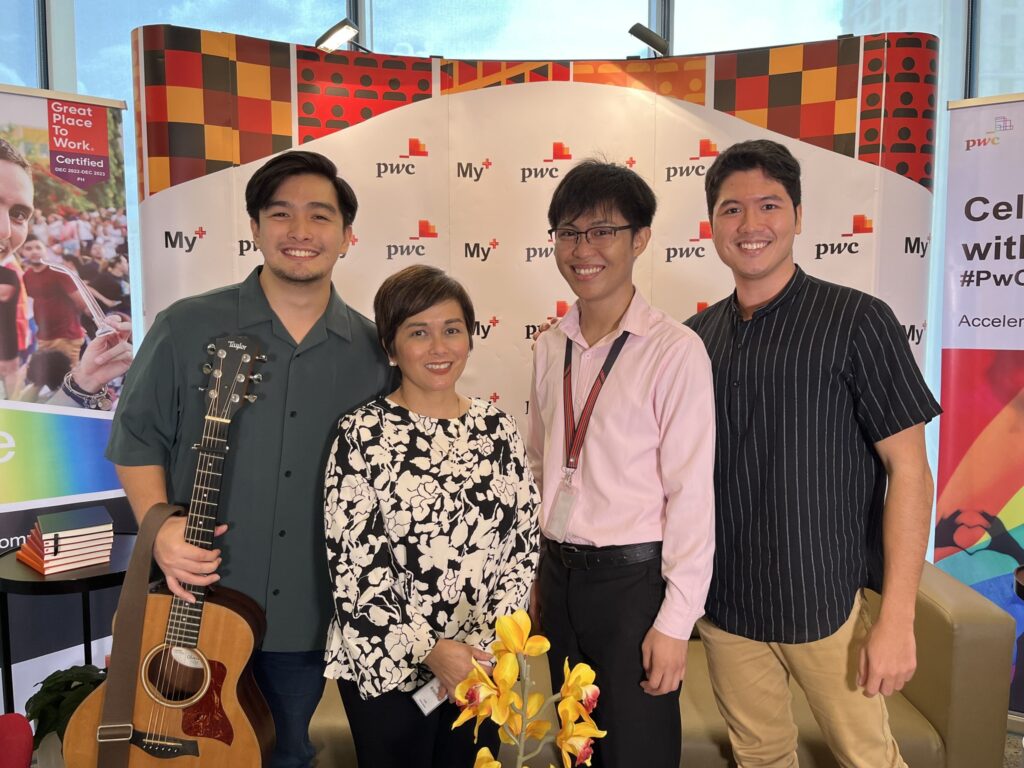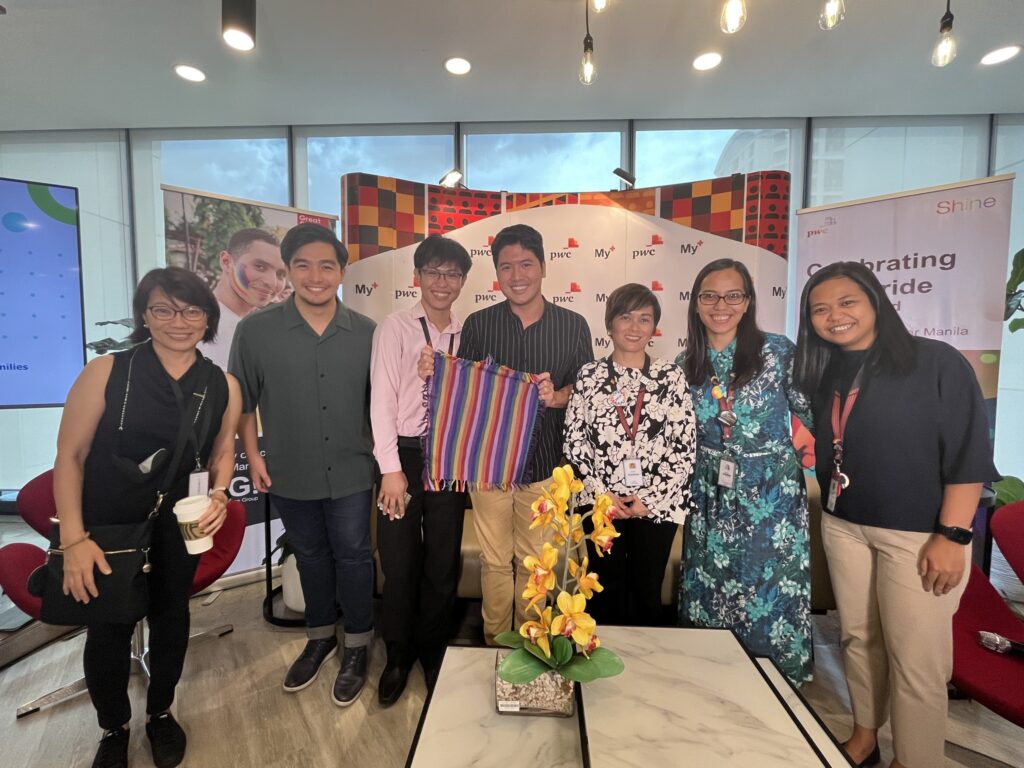It was a love-hate relationship in a stressful, high-demand working environment.
I met Gen, a highly regarded business partner in human resources while I was her new vendor relationship manager, eager to earn my stripes. In the workplace, measuring each other up can be quite a common phenomenon, and we held each other with a ton of accountability. A few months down the road and we were regularly going on coffee runs, having lunch dates and laughing about things work and non-work.
This was several years ago and a few employers then after. We’ve seen each other four times since. We are “friends”, but not quite. We keep trying but life gets in the way. She would send me a voice message of her singing that 70’s punk song “Why can’t we be friends?” whenever our schedules to meet up don’t match. Our story is not unusual.
Having recently encountered big life events, such as moving cities and getting married, I can’t help but realize how I’ve neglected to restock my circle of friends. In adulthood, plenty of people enter our lives, but to have actual close friends – the kind you can call in a crisis, those can come in shorter supply. I got to wondering, what complicates adult friendships?
Adult friendships can be more complex and challenging for several reasons:
- Time constraints: As adults, we often have numerous responsibilities such as work, family, and personal commitments. Finding time to nurture friendships can become increasingly difficult, especially if friends have conflicting schedules or live far apart.
- Life transitions and different life stages: Adults undergo various life transitions such as moving to new cities, changing jobs, getting married, or having children. These transitions can impact friendships as priorities shift and lifestyles diverge. Not all adults are at the same stage in life. Some may be focused on advancing their careers, while others may be starting families or exploring new interests. These differences can lead to disparities in values, priorities, and available time for socializing.
- Trust and vulnerability: Building deep, meaningful friendships requires trust and vulnerability. However, past experiences, disappointments, or betrayals may make adults more guarded and cautious about opening up to new friends or maintaining existing relationships.
- Limited social circles: Unlike childhood or adolescence, where social circles are often abundant and easily accessible, adults may find themselves with fewer opportunities to meet new people and expand their social networks, especially if they lead busy or isolated lives.
Today, with hybrid online work spaces, freelancing and the gig economy on the rise, it’s becoming harder to recreate the structure and conditions that sociologists have considered as important ingredients to making close friends: repeated and unplanned interactions, proximity and an environment for people to confide in each other.
I wish it was easier like before, but if you are waiting for things to happen organically, then you may have to be ready to wait for a long while.
I can understand why most people don’t find this as an urgent need or even a crisis – friendship. There’s a certain hierarchy that culture puts on romantic love or familial love leaving platonic love and friendships at the bottom. Yet our bodies have always craved for a sense of resonance and communion with others. Recent studies on loneliness can certainly agree.
A paper published in the Nature Human Behavior journal suggests people who dealt with social isolation had a 32% higher risk of dying early from any cause compared with individuals who weren’t socially isolated. The paper was a meta-analyses of 90 studies on the connection between loneliness, social isolation, and early death among over 2 million adults. The World Health Organization has even launched a commission that would put loneliness at the top of its global public health priorities from 2024 to 2026.
Now one might think loneliness would not be such a major concern for our country yet because our culture and values compel us to keep in constant touch with our social networks or take responsibility within our family systems. Besides, Filipinos are generally known to be friendly and cheerful, right? Surprisingly, a survey in October of 2023 by Meta and Gallup found that the Philippines is one of the countries with high levels of self-reported loneliness, with 57% of Filipinos saying they are feeling lonely compared to a worldwide average of 24%.
In general, adult friendship was found to predict or at least be positively correlated with wellbeing and its components (Pezirkianidis et al., 2023). In particular, the results showed that friendship quality and socializing with friends predict wellbeing levels.
If we all can be healthier individuals through friendships, and if we all can benefit from other people bringing out the full richness and complexity of who we are, why aren’t we all jumping into opportunities to make friends?
Psychologist and author of the book Platonic, Dr. Marisa Franco suggests there are two main reasons why we likely devalue the need to make friends as adults. First of all, she mentions the paradox of people. While being around other people has all kinds of benefits, people can also be scary – they can be hurtful and they can reject us. Second of all, not many us know how to make friends!
Making new friends and cultivating friendships as an adult can indeed be challenging, but it’s certainly possible with some effort and intentionality. So here are a few tips:
1. Take initiative
Don’t wait for others to initiate plans. Be proactive in reaching out to acquaintances or colleagues to suggest grabbing coffee, attending an event together, or simply catching up.
2. Stay open-minded
Be open to forming friendships with people from different backgrounds, ages, or walks of life. Diversity enriches our lives and provides opportunities for learning and growth.
3. Be a good listener
Cultivate active listening skills and show genuine interest in others. Ask open-ended questions, offer support and encouragement, and remember details from previous conversations to demonstrate that you value the relationship.
4. Nurture your existing friendships
Don’t neglect the friendships you already have. Make time to connect with existing friends, whether through regular meetups, phone calls, or virtual hangouts.
5. Turn your hobbies and personal interests into a community.
Attend classes, workshops, and join meet-ups with like-minded individuals. Enroll in classes related to your personal or professional development. These settings can provide opportunities for meaningful interactions.
6. Be patient and persistent.
Building genuine friendships takes time and effort. Don’t get discouraged if it doesn’t happen overnight. Keep putting yourself out there and be patient as you develop new connections.
By incorporating these strategies in seeking out new connections, you may just increase your chances of making meaningful friendships as an adult.
I am also keeping in mind that for friendship to happen, one needs to be brave. We have to believe we are likeable and lean into the parts of ourselves that simply want to connect.
References:
- Wang, F., Gao, Y., Han, Z. et al. A systematic review and meta-analysis of 90 cohort studies of social isolation, loneliness and mortality. Nat Hum Behav 7, 1307–1319 (2023). https://doi.org/10.1038/s41562-023-01617-6
- https://www.who.int/news/item/15-11-2023-who-launches-commission-to-foster-social-connection
- Pezirkianidis C, Christopoulou M, Galanaki E, Kounenou K, Karakasidou E, Lekka D, Kalamatianos A, Stalikas A. Exploring friendship quality and the practice of savoring in relation to the wellbeing of Greek adults. Front Psychol. 2023 Oct 6;14:1253352. doi: 10.3389/fpsyg.2023.1253352. PMID: 37868602; PMCID: PMC10588444.
- https://www.gmanetwork.com/news/lifestyle/content/887116/57-of-pinoys-self-reported-feeling-lonely-survey/story/
- Marisa G. Franco, P. (2022). Platonic: How the Science of Attachment Can Help You Make—and Keep—Friends. Unabridged Books on Tape.
